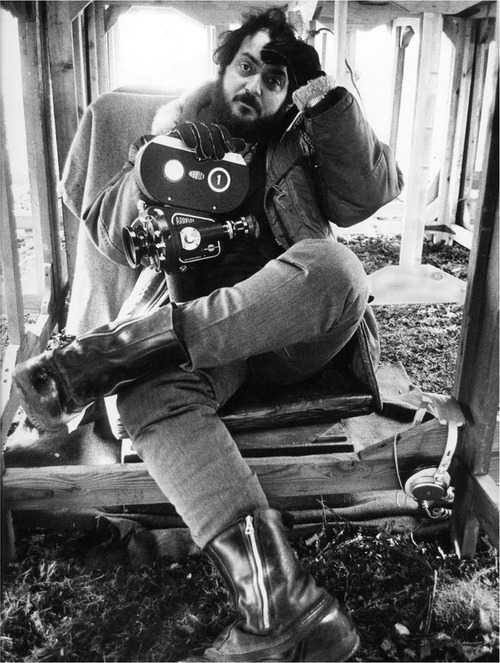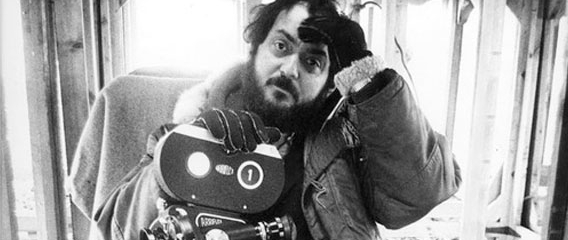Stanley Kubrick held his own camera, so why shouldn’t you?
Even though we seen most of Stanley Kubrick’s films and read a fair bit about him, I was surprised to recently discover that he always did the hand-held camerawork for his films. It was less a surprise to the extent that he, famously demanding and meticulous, had a specific vision which needed to be realized, but more-so a surprise that he would take on the task himself instead of delegating to his crew.
Why would a director like Stanley operate the hand-held camera for all of his movies? By this point, Kubrick had released many critically and commercially successful films, so he could likely hire any camera operator he desired. Actually, that is exactly what he did. Stanley only worked with the best on his films. So then why would he, needing to manage countless tasks while on set, choose to operate the camera over his best-in-the-business cameraman?
In this 1972 interview from Sight&Sound magazine, conducted after the release of A Clockwork Orange, Stanley bluntly answered why:
“Yes, all of the hand-held camerawork is mine. In addition to the fun of doing the shooting myself, I find it is virtually impossible to explain what you want in a hand-held shot to even the most talented and sensitive camera operator.”
You see, Stanley started his career as a photographer in New York City in 1946. Soon after, in the early 1950s, he began making films. His first few projects had minuscule budgets which required him to fill almost every duty, including director, editor, lighting, sound effects, and cameraman.
As Stanley’s film career continued, he operated on a different frequency, dictatorially controlling even the minutia in a manner which surprised and frustrated most crew members. As such, he could see every shot in his mind’s eye so clearly, it was seemingly impossible to delegate. It’s not that he didn’t trust his camera operator, but Stanley was legitimately the only person who could do the task in the way it needed to be done.
Craftsmanship and Execution
Lately it has started to feel like our society respects “vision” more than the actual craft of execution. We believe that we can hand off orders for someone else to execute upon. As long as we guide them to complete our vision then everything will be fine. It is sometimes desirable as we become successful or start working on teams to start delegating seemingly basic, inconsequential tasks, yet we should be careful to not fall into this trap.
Whether we’re filmmakers, designers, product managers, photographers, software engineers, or something much different, we should try to be aware of and cultivate most of the skills required to finish any project. We easily forget that the crux of a project comes together in the details, and the person executing on the vision is in the strongest position to have an impact here.
Many people want to become the director, the boss, the one who gets to sit back and tell everybody else what to do. Forget that. Let us be the ones who help execute the vision while also setting the vision. Strive to continue executing for yourself, and only hand over the reigns of a task when you absolutely cannot do it yourself any longer.
You will hopefully notice that this approach requires us to do less overall and to increase our focus on each unique task. Our surroundings have pressured us to believe that doing less and moving slower are negative characteristics, but I see them as a obvious advantages. We could all use some more pacing and care in our work, particularly in this era of overabundance.
Remember, even Stanley Kubrick got down in the dirt with the camera in his own hands, because if he let go then he would have lost control. Stanley knew that life was long, and compromise is an unfortunate game.




















